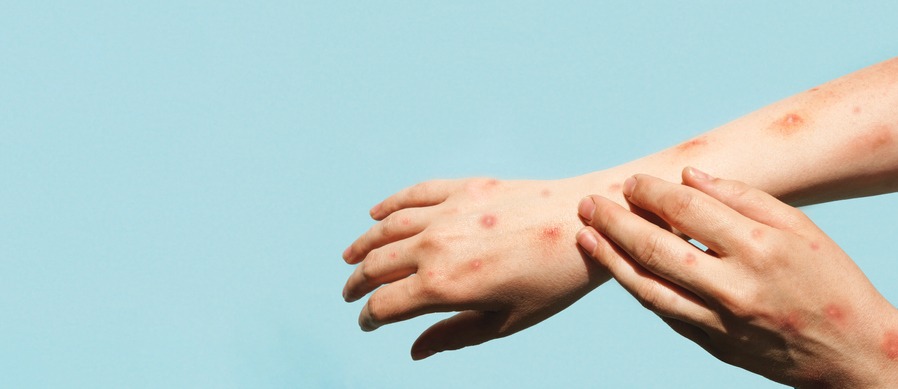Whether you are a parent yourself, a teacher/ teaching assistant who spends their working life around children, or else are training to enter the medical and healthcare profession, there are a number of reasons why you are interested in learning more about one of the most prevalent childhood illnesses; chickenpox.
So, with that being said, continue reading to discover a concise guide to chickenpox in children.
What Exactly is Chickenpox?
Essentially, chickenpox is an infection that is virally transmitted and causes a red, itchy, and spotty rash in one or more places on your child’s body.
In the beginning, chickenpox appears as smaller spots and then grows into large blisters filled with fluid which burst, scab, and heal over approximately two weeks’ time. Chickenpox is one of the most contagious of all childhood diseases, so vaccinating your children against chickenpox should be of optimum priority.
The Main Signs of Chickenpox
As previously touched upon, the first sign on your child’s skin that could very well indicate that they have contracted chickenpox are small, itchy, and red spots, typically on their hands, arms, legs and feet. More will appear over the course of a few hours.
However, there are several other symptoms that could occur simultaneously or else develop later; the main examples being a headache, a reduced appetite, nausea and/or vomiting, fatigue, and a headache accompanied by a high fever.
As a general rule, even if you suspect that your child has picked up chickenpox, either at school or else whilst out playing with friends, it is best that you keep them home to avoid the possibility of infecting others.
How Could Your Child Develop Chickenpox?
There are basically two main ways in which the chickenpox virus is spread:
- When your child touches another child who has chickenpox and has to skin-to-skin contact with the chickenpox rash, particularly the liquid from the rash.
- When your child breathes in tiny droplets which are contaminated with another child sneezing/coughing the chickenpox virus into the air
In the vast majority of cases, once your child has contracted and recovered from chickenpox, they are highly unlikely to ever get the disease again, although of course, there are always exceptions to this rule.
Treatment for Chickenpox
The most likely time for your children to contract the chickenpox virus is between the ages of five and fifteen, although if you yourself have never had chickenpox in your childhood, it can be substantially more serious if you develop the illness as an adult.
Fortunately, chickenpox is usually mild in children, and as long as you keep your child home, warm in bed, and drinking plenty of fluids, then it is likely that the approximate two-week duration of the virus will see itself out and the chickenpox will go away.
If you have any concerns whatsoever, whether you think your child has chickenpox or else you are worried that they are not coping and the rash seems to not be disappearing over time, then you should contact your medical doctor and make an appointment for your child.

